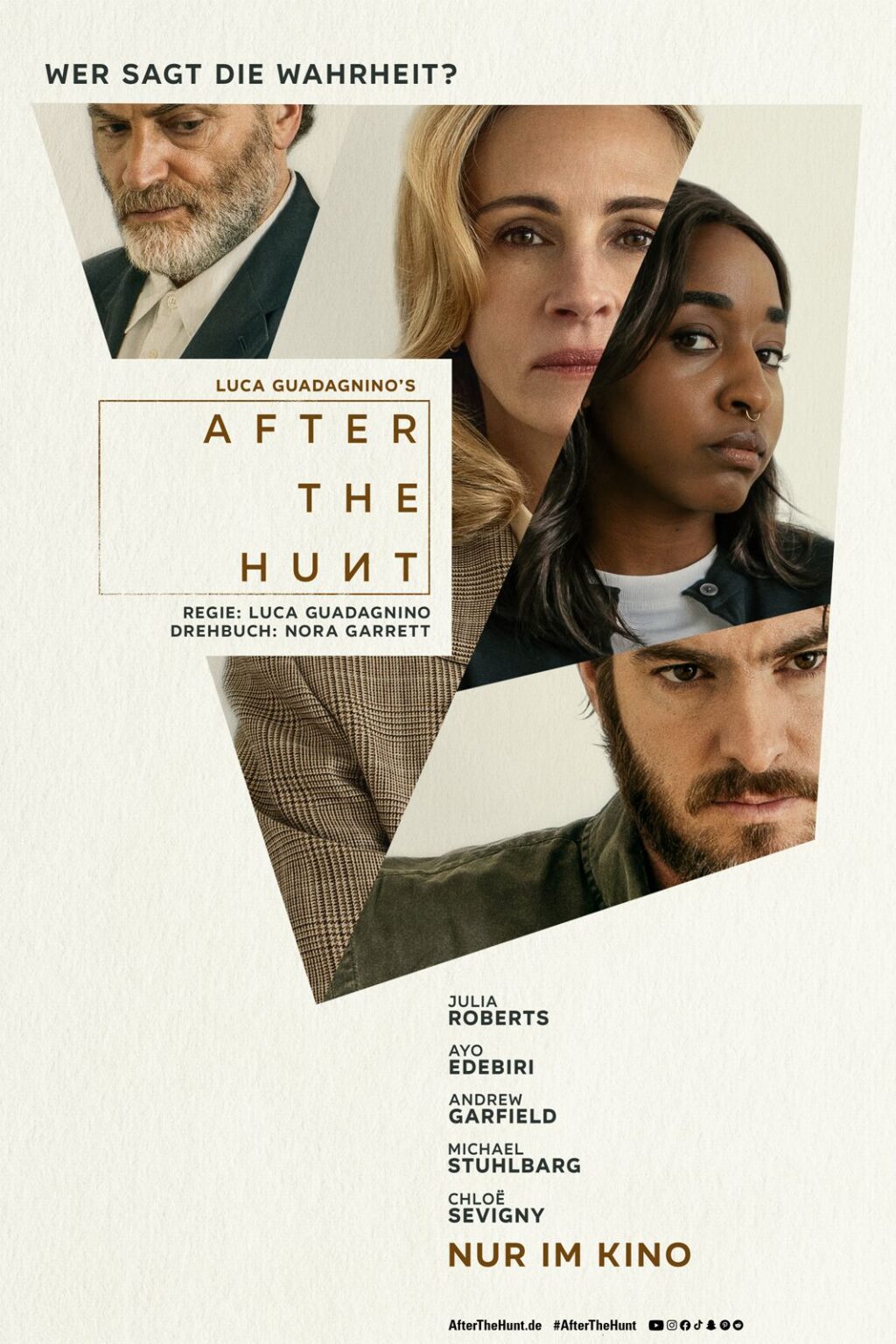
Introduction
Hunting has long been a part of human culture, serving roles in food acquisition, population control, and recreation. However, the activities that follow the hunt—often referred to as “after the hunt”—are crucial for ensuring sustainable wildlife management and conservation efforts. As hunting continues to spark debates about ethics and environmental impact, understanding the implications of actions taken after a hunt has never been more important.
Current Events in Wildlife Conservation
In recent years, various regions across Canada have witnessed a growing focus on post-hunt practices aimed at promoting conservation. Land management organizations and wildlife biologists are increasingly emphasizing the importance of monitoring populations and habitats after hunting seasons. For example, the Ontario Ministry of Natural Resources and Forestry has implemented strategies that mandate hunters to report their harvests, contributing to valuable data for wildlife management.
In Alberta, a new initiative was launched earlier this year to assist hunters in understanding species conservation status and habitat integrity. This program not only guides hunters in ethical hunting practices but also educates them on how to participate in the conservation efforts actively. Workshops and community engagements have been pivotal in promoting a holistic understanding of hunting’s impact.
The Role of Hunters in Conservation
Hunters can play a vital role in wildlife conservation. The funds generated from hunting licenses and permits often contribute directly to research, conservation projects, and habitat restoration efforts. Moreover, hunters are often among the first to notice changes in wildlife populations, making their observations invaluable for scientific studies.
Challenges and Forward Thinking
Despite the positive contributions of hunters, challenges remain, such as the widespread debate regarding the ethics of hunting endangered species. Misuse of this practice can lead to severe consequences for biodiversity. Therefore, it is crucial that hunting policies be informed by scientific data and that hunters are educated on sustainable practices. Engaging more stakeholders in constructive dialogue about responsible hunting will facilitate better outcomes for wildlife.
Conclusion
As society becomes more aware of the environmental impacts of human activities, the importance of responsible hunting practices, particularly after the hunt, is underscored. Conservation efforts hinge not only on sustainable hunting practices but also on the effective management of wildlife populations and habitats. Moving forward, it is essential for hunters, conservationists, and policymakers to work collaboratively to ensure a balanced and respectful coexistence with wildlife, thus securing the natural legacy for future generations.



